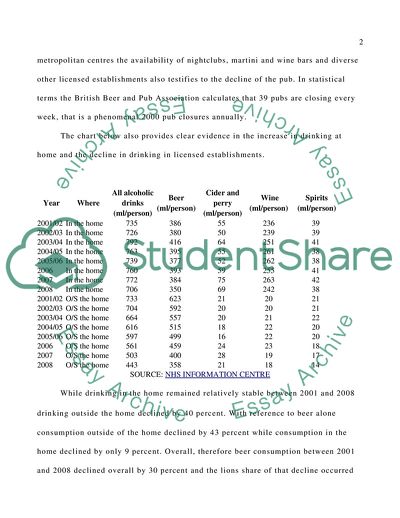Cite this document
(Decline in the Number of Public Houses in the UK Report, n.d.)
Decline in the Number of Public Houses in the UK Report. https://studentshare.org/marketing/1745654-leisure-property
Decline in the Number of Public Houses in the UK Report. https://studentshare.org/marketing/1745654-leisure-property
(Decline in the Number of Public Houses in the UK Report)
Decline in the Number of Public Houses in the UK Report. https://studentshare.org/marketing/1745654-leisure-property.
Decline in the Number of Public Houses in the UK Report. https://studentshare.org/marketing/1745654-leisure-property.
“Decline in the Number of Public Houses in the UK Report”. https://studentshare.org/marketing/1745654-leisure-property.


